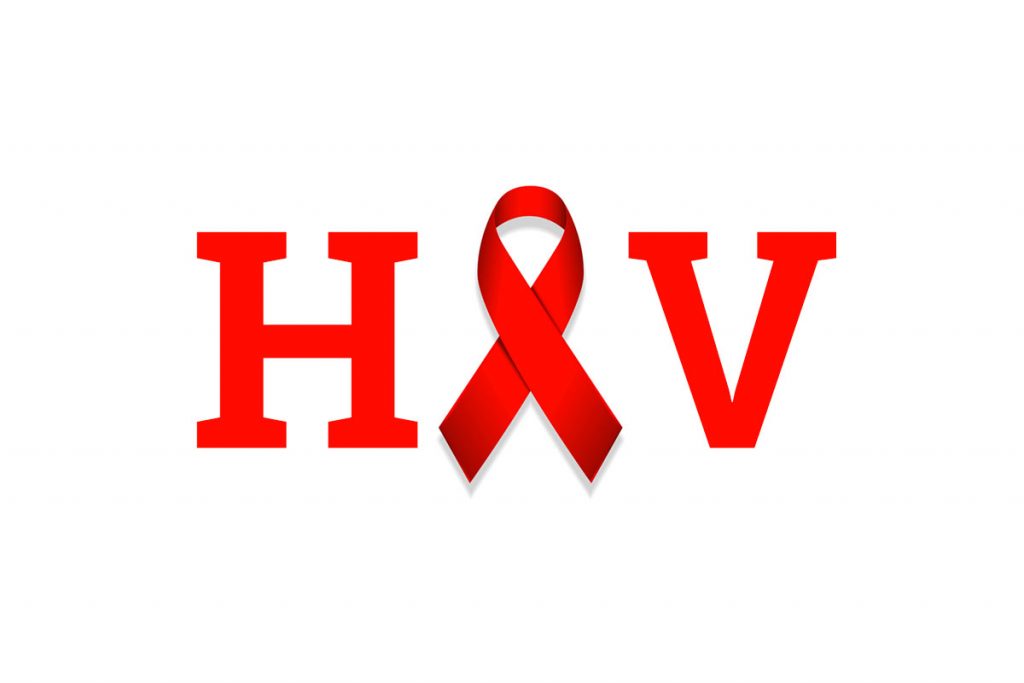
The fight against HIV is set to receive a major boost if the monthly pill, whose trials Kenyan women will participate in, is proven effective.
Islatravir pill is taken once per month to prevent HIV transmissions through sex and has been termed as a game-changer if its efficacy is proven.
If the results of the trials turn positive, Islatravir is likely to replace Pre-Exposure Prophylaxis (PrEP) which is taken daily. Studies have shown that PrEP reduces the risk of getting HIV from sex by about 99 per cent when taken daily.
The third phase of the trial will involve 4,000 healthy, HIV-uninfected women aged 16-45, from across 21 African sites in South Africa, Uganda, Kenya, Malawi, Eswatini, Zimbabwe and Zambia.
The enrolment of women who will participate in the trial started early July.
Global health researchers at the University of Washington (UW) have received an Sh12.2 billion ($122 million) grant from the Bill & Melinda Gates Foundation to test the effectiveness of Islatravir.
Islatravir is a nucleoside reverse transcriptase translocation inhibitor in development by Merck for the treatment and prevention of HIV-1 infection.
Kenyan researchers, Prof Nelly Mugo and Prof Elizabeth Bukusi will lead the trials of the pill in the country.
Prevention research
Prof Mugo – from the Kenya Medical Research Institute (Kemri) and Centre for Clinical Research – recently received the inaugural Gita Ramjee Prize, which recognises leading female scientists for outstanding HIV prevention research.
Prof Bukusi, an obstetrics and gynaecology specialist, is a chief research officer at Kemri and research professor at UW.
“This could be a game-changer. If you only had to take one little tablet once per month and not deal with daily pill-taking and storage, that’s a totally different ball game. Prevention is key to ending the HIV epidemic,” Dr Connie Celum, a UW professor of global health, medicine and epidemiology, and the study’s lead investigator said through a statement sent to the nation Africa.
The new pill was necessitated by the low uptake of PrEP in African countries, including Kenya, according to Dr Celum.
More than three million of PrEP users were targeted by the end of 2020, but the absorption is still below one million worldwide, according to the United Nations.
Despite PrEP effectively protecting those who use it consistently, the ability of people to adhere to that regimen is still a major concern, according to United Nations.
A recent study found out that some of the greatest doubts about taking PrEP were voiced by young African women, who account for approximately 25 per cent of new HIV infections globally.
ARVs
The women cited concerns about being perceived as HIV-positive because the prevention pill looks identical to antiretroviral drugs (ARVs).
“They also expressed uncertainty about HIV risk, challenges with discreet product storage, remembering to take a pill daily and potential side effects.
“For some people, a daily pill is easy. But when you’re talking about populations where sexual activity is stigmatised, particularly young African women, men who have sex with men, or female sex workers, there are a lot of barriers to taking a pill a day,” Dr Celum said.
The study, known as IMPOWER 22, will evaluate the efficacy and safety of monthly oral Islatravir compared to PrEP pill.
Trial arms
“The study is a double-blind, doubly dummy trial. Participants will receive either a daily dose of emtricitabine-tenofovir (which is approved as pre-exposure prophylaxis), and placebo that looks look Islatravir, or monthly Islatravir and daily placebo that looks like emtricitabine-tenofovir.
Researchers will then compare the rate of infection in the two trial arms. The overarching hypothesis is that monthly oral Islatravir will be superior to the daily pill, as defined by HIV incidence, safety, and tolerability.
Enrolment will start with women aged 18 or above. Once the medication is deemed safe by an independent external data monitoring board, the younger end of the age range will be lowered from 18 to 16 to begin data collection on adolescent women.
This will be one of the first studies that will give women who become pregnant the choice to continue with the drug under investigation or switch to open-label daily emtricitabine-tenofovir.
Data from early phase studies have found Islatravir to have the highest potency. It also has a favourable safety profile, lack of food requirements, and no significant interaction problems with other drugs.

